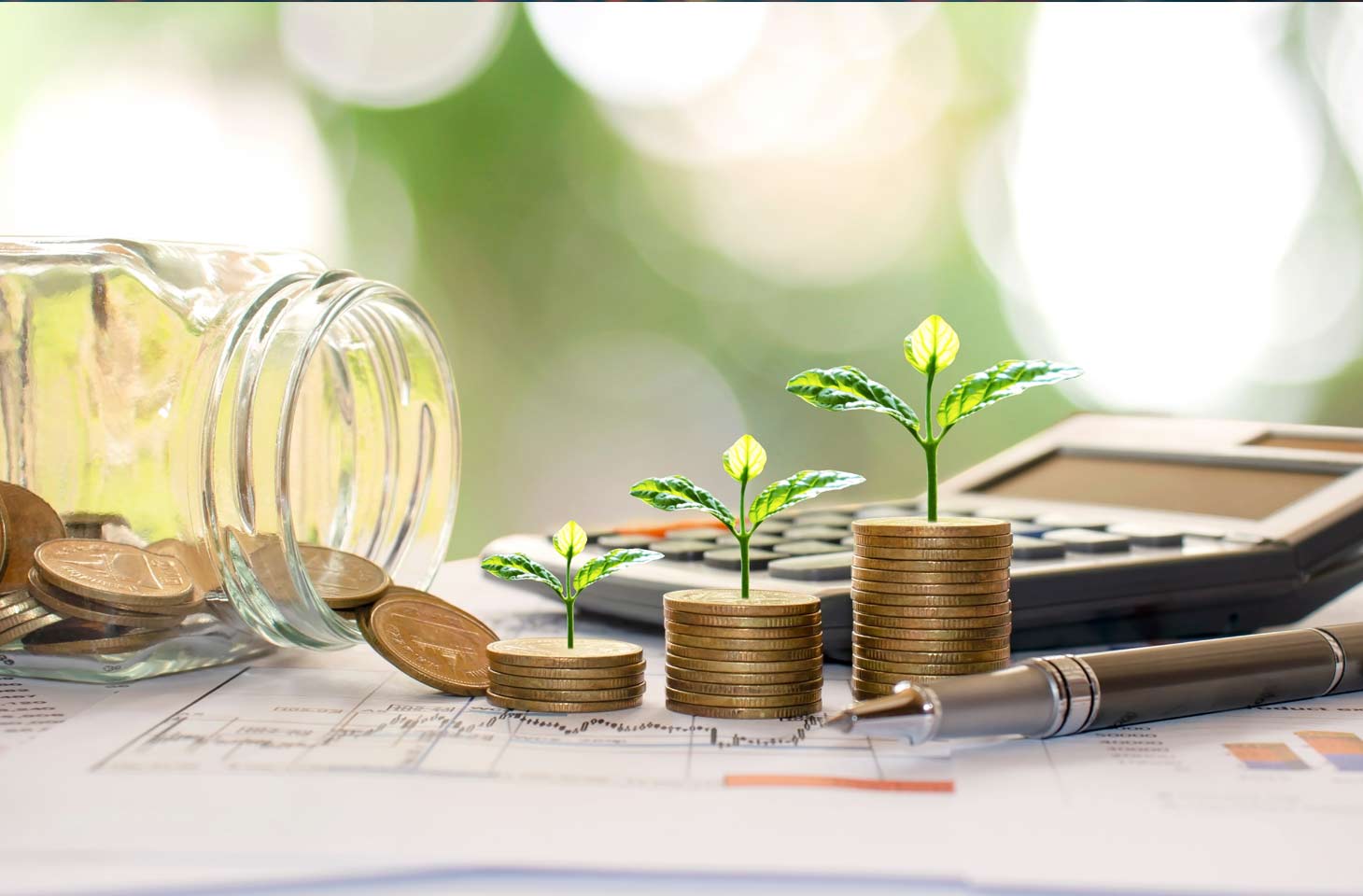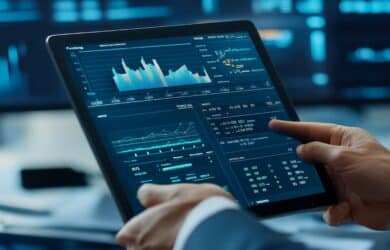If demand is so great and therefore every paper is sold as “sustainable,” how much is the label still worth?
Hientzsch: Yes, that’s a difficult point, we don’t have to beat around the bush. If gas and nuclear power plants are now classified as sustainable, that will come as a shock to many. The economy will not become completely green overnight.
The experience with the advisory protocols in the banks was quite sobering: they produced more paper, they did not protect against losses. Why should things be any different in the field of sustainability?
Hientzsch: First of all, I agree with you. The advisory protocols, introduced as a reaction to the financial crisis, did nothing; they created a tangle of bureaucracy, and the banks got rid of liability because the customers signed that they had been informed about the risk. Things are better now. In any case, the ESG rules create more transparency about how ecological and social a financial investment is.
What speaks against this is how vaguely the regulations are formulated.
Hientzsch: That impression is not correct. For the most part, the formulations and requirements are very specific. One loophole is the different regulatory regimes at national and European level. Some people could take advantage of that.
Are there enough green investment opportunities at all? Or is there a bubble developing?
Hientzsch: There aren’t that many projects to finance at the moment, you’re right. That’s why, of course, there’s a danger of greenwashing. . .
. . . that investment products are sold as being greener than they actually are.
Hientzsch: Exactly. DWS ended up in the public pillory because of such accusations. DWS had gone very far out on a limb with a fund, and at such an early stage, too, when it wasn’t even clear which financial products were actually to be understood as ESG-compliant. The industry has learned from this. This shock is now in the bones of all providers, all of whom are terrified of being accused of “greenwashing”. No one wants this damage to their reputation!
Do customers really react so allergic to such issues?
Hientzsch: Yes, investors are very sensitive. Environmental and social issues are very important to them; they want everything but to be cheated.



